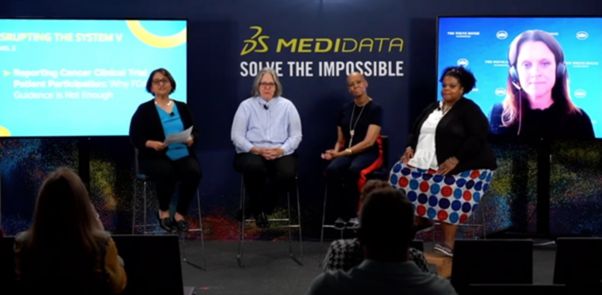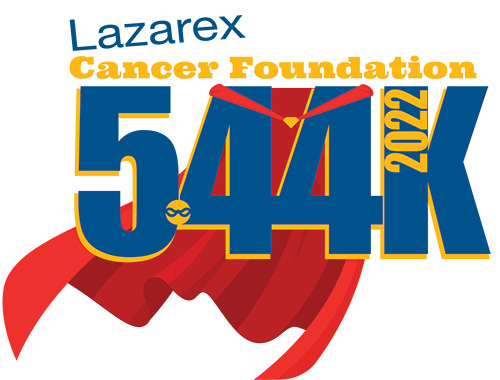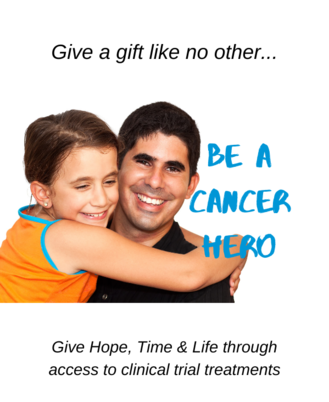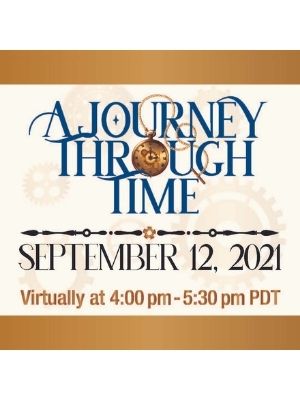Celebrating 5 years of provocative conversation to drive equity and promote change in cancer care


Disrupting the System is about holding provocative, disruptive, and constructive conversations with some of the biggest disruptors, change makers and innovators in oncology and patient advocacy to have important and difficult conversations, address these challenges and break down barriers. We come together in the hopes of sparking change to improve health outcomes and make cancer research accessible to all.
The community where you live, the type of insurance you have, and your economic situation are just some of the factors that currently affect the care and treatment patients get. Add to that systemic problems of racism, bias, social injustice, inequity, the pandemic, medical mistrust and more – and it’s clear there is not just room for change but actually a critical need for it.
This year marked the 5th Annual Disrupting the System Summit. We came together to celebrate the change we have driven so far – and to continue to raise awareness, brainstorm solutions and push for action to better level the playing field related to cancer health disparities, patient access and cancer health outcomes.
CELEBRATING 5 YEARS OF POSITIVE MOMENTUM
Disrupting the System was created to provide a platform for provocative conversations about where the healthcare system is broken and how we can drive real change. The work hasn’t been easy, but we have made progress. Here are 5 key changes we’ve driven in the last 5 years.
- Pushing for updated FDA guidance that gives the green light for travel reimbursements to cancer clinical trials.
- Driving change at the state level that’s led to six states passing new legislation calling for reimbursement for out of pocket expenses related to clinical trial participation.
- Partnering with institutions to create programs that improve patient access to clinical trials
- Bringing care into the community – meeting people where they are to increase awareness of cancer clinical trials and other treatments.
- Laying the groundwork for change by partnering with author Carmen Bogan to write a children’s book showing children that all dreams are possible – no matter the color of their skin, community they live in or how much money their family has.
Learn more about these 5 accomplishments in THIS VIDEO.


THE DIRTY LITTLE SECRET IN HEALTHCARE: HOW INSURANCE IMPACTS YOUR CANCER JOURNEY
Problem – When people are diagnosed with cancer, their ability to access treatment and surgeries often comes down to the type of insurance they have. Panelists explored the issue of access from this rarely discussed perspective – how your insurance helps or hurts you when it comes to getting the best possible cancer treatment. We call this the dirty little secret in healthcare because most patients don’t even realize the disadvantage they face, while insurance companies and medical institutions don’t want to talk about it.
Suggested Solutions:
There was widespread agreement that this issue needs more attention and awareness because it is not well known. The discussion included the importance of holding hospitals and health systems accountable when they provide insufficient care for a person’s medical needs and the need to understand the role structural racism plays in both cancer risk and access to care. Panelists also discussed the importance of grassroots-level solutions including reminding patients to take an advocate with them to appointments, to not take ‘no’ for an answer on their health journey and to stay up-to-date on prevention measures rather than delaying care.
“The burden is going to be on us. I think this is part of what disrupting the system means – it means transparency, knowing how we are performing as different segments of the delivery system and then at the community level, there is a big movement to make changes in the delivery system.” – Jane Garcia, CEO, La Clínica de la Raza.
“We believe that educating our most at-risk communities of color enables them to ask better questions and if they can ask better questions it requires better answers.” – Dana Dornsife, Lazarex Cancer Foundation Founder and Chief Mission & Strategy Officer.
Watch and share this animated video explaining this issue: Payer Mix animated video
Listen to the panel’s full conversation HERE starting @ 22:44.

A ‘FIRESIDE CHAT’ WITH SEN. BOB MENENDEZ (D-NJ), CO-AUTHOR OF THE DIVERSE TRIALS ACT.
U.S. Senator Bob Menendez, (D-NJ) joined Laura Evans to discuss the bipartisan, bicameral legislation that he and Sen. Tim Scott (R-SC) have introduced to improve access to and diversity in clinical drug and treatment trials.
Sen. Menendez says for too long, communities of color have been underrepresented in clinical trials and there’s still a lot of work to do to change that. The proposed legislation would do many things including require HHS to issue guidance on how to conduct clinical trials to improve access to communities of color and allow HHS to issue grants to support outreach and recruitment for clinical trials for diseases with a disproportionate impact on underrepresented populations.
Over 150 groups support the legislation and are advocating for it and Sen. Menendez says he’s hopeful the bill will move in the 2022 congressional session.
“The time has come for the nation to recognize the diversity of our population by ensuring that clinical trials must be representative of our communities.” – Sen. Bob Menendez
SUGGESTED SOLUTION – Call or email your Senator and ask them to support the Diverse Trials Act.
Listen to the fireside chat HERE @ 57:15.


REPORTING CANCER CLINICAL TRIAL PATIENT PARTICIPATION: WHY FDA GUIDANCE IS NOT ENOUGH
Problem: The FDA doesn’t mandate reporting of race and ethnicity in clinical trials and this lack of participant data results in the absence of information on risks and side effects for patients of color – even for treatment of cancers that predominantly affect patients of color. The panel had a frank discussion about the impact of excluding many minority communities from clinical trials – and the fact that there are no requirements to include them. Cancer survivor Rhonda Long shared that she was one of only two patients of color in her first cancer clinical trial, is the only patient of color in her current trial and can’t recall ever being asked about her ethnicity as part of her clinical trial treatment.
Solutions: Danielle Carnival said while the White House’s Cancer Moonshot initiative works on collecting best ideas and practices, they’re always looking for input. She encouraged people to share ideas, stories, examples of private sector collaboration and more at WhiteHouse.gov/cancermoonshot. Panelists also talked about the importance of organizations collaborating in this space, rather than competing and about working to incentivize those who prioritize and practice equity and fairness in their trials.
“Having diverse clinical trials is very important. Having effective treatments and innovation reach more people is even more important.” – Danielle Carnival, PhD, White House Cancer Moonshot Coordinator.
“When you can’t capture a complete picture of the population that could use the drug, you’re setting yourself up for failure.” – Alicia Staley, VP Patient Engagement, Medidata
“One of the biggest consequences is an inaccurate or incomplete safety profile of a drug. If it is not tested in the populations that either get the cancer the most or a diverse population then we also don’t know the safety of the drug among those populations and the effectiveness.” – Dr. Marya Shegog, PhD, MPH, Health Equity & Diversity Director, Lazarex Cancer Foundation.
Listen to the panel’s full conversation HERE starting @ 1:11:33.
HONORING 2022 DISRUPTORS

Every year, Lazarex gives Disruptor Awards to individuals working to disrupt the system to improve access and equity in cancer clinical trials. This year’s recipients were:
- Senator Bob Menendez, D-NJ for his work to drive change through the Diverse Trials Act.
- Freddie Muse – Cancer survivor and Founder of the Men’s Cancer Network – a non-profit devoted to supporting men in their cancer journey. Freddie also serves as an Ambassador with the Lazarex Cancer Wellness HUB, which is working to provide community residents with information about resources for healthcare opportunities.
Watch their acceptance speeches HERE starting @ 1:04:55.
NEXT STEPS
There is so much we can and should all do to continue to push for change, search for solutions and disrupt the system. Here are some ways you can become a disruptor in your own sphere of influence.
- Learn more about our work and mission at Lazarex.org including how you can help us improve the outcome of cancer care and give hope, dignity, and life to advanced stage cancer patients and the medically underserved by helping with costs for FDA clinical trial participation, identification of clinical trial options, community outreach and engagement. In 16 years Lazarex has assisted over 7,000 patients. We have new patients everyday who need your help and support.
- Share videos from this event on social media and with your network to increase awareness of these issues. You can find them on our YouTube page HERE.
- Share our patient Clinical Trial Chronicles on social media and with your network to showcase the need for more diversity and equitable access in cancer clinical trials: You’ll find them HERE.
- Stay engaged with Lazarex on Facebook, Twitter, Instagram, Medium and TikTok.
- Learn more about Medidata Solutions at Medidata.com.
- Join us next year for Disrupting the System VI and urge your network (in conversation and on social media) to join you.




